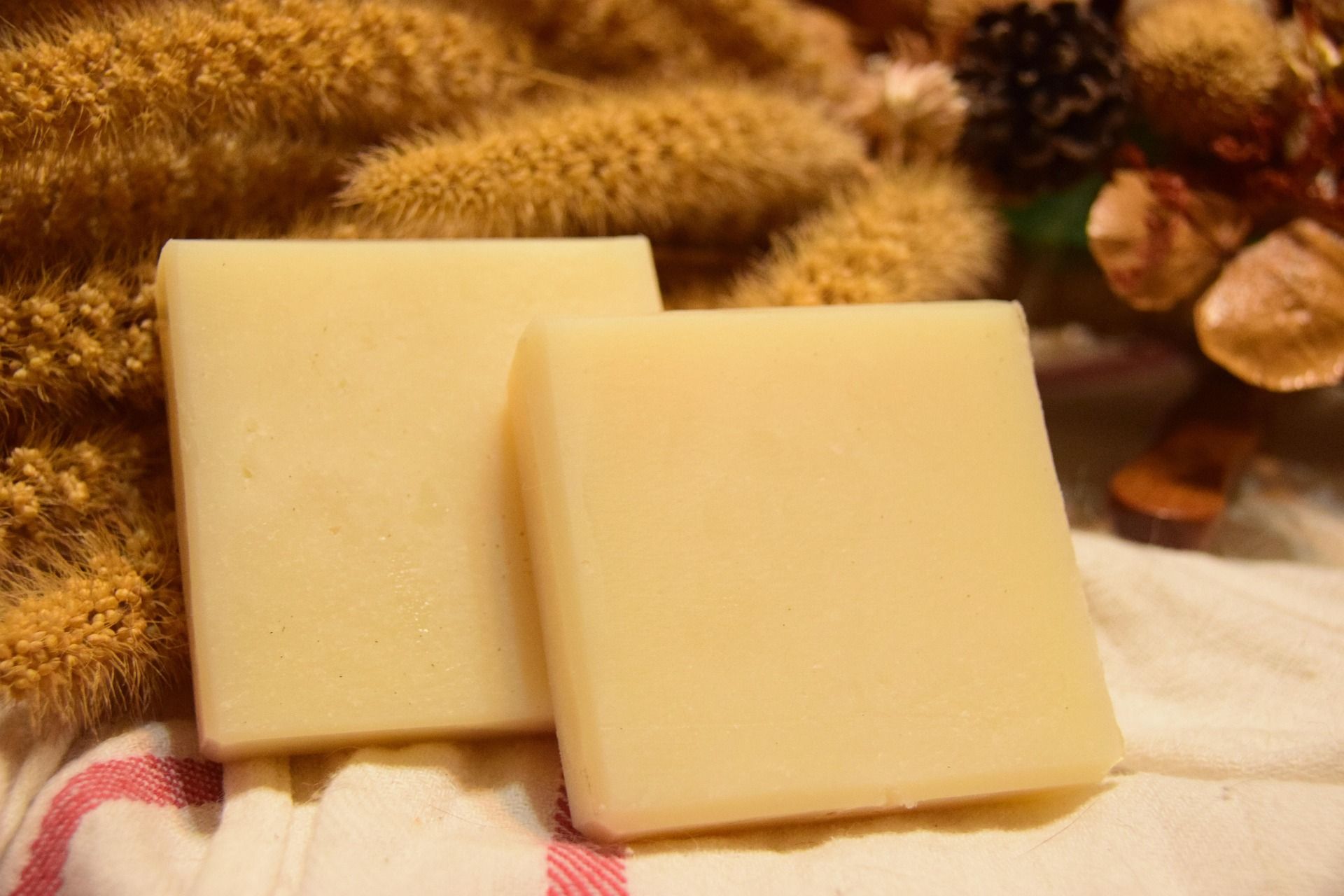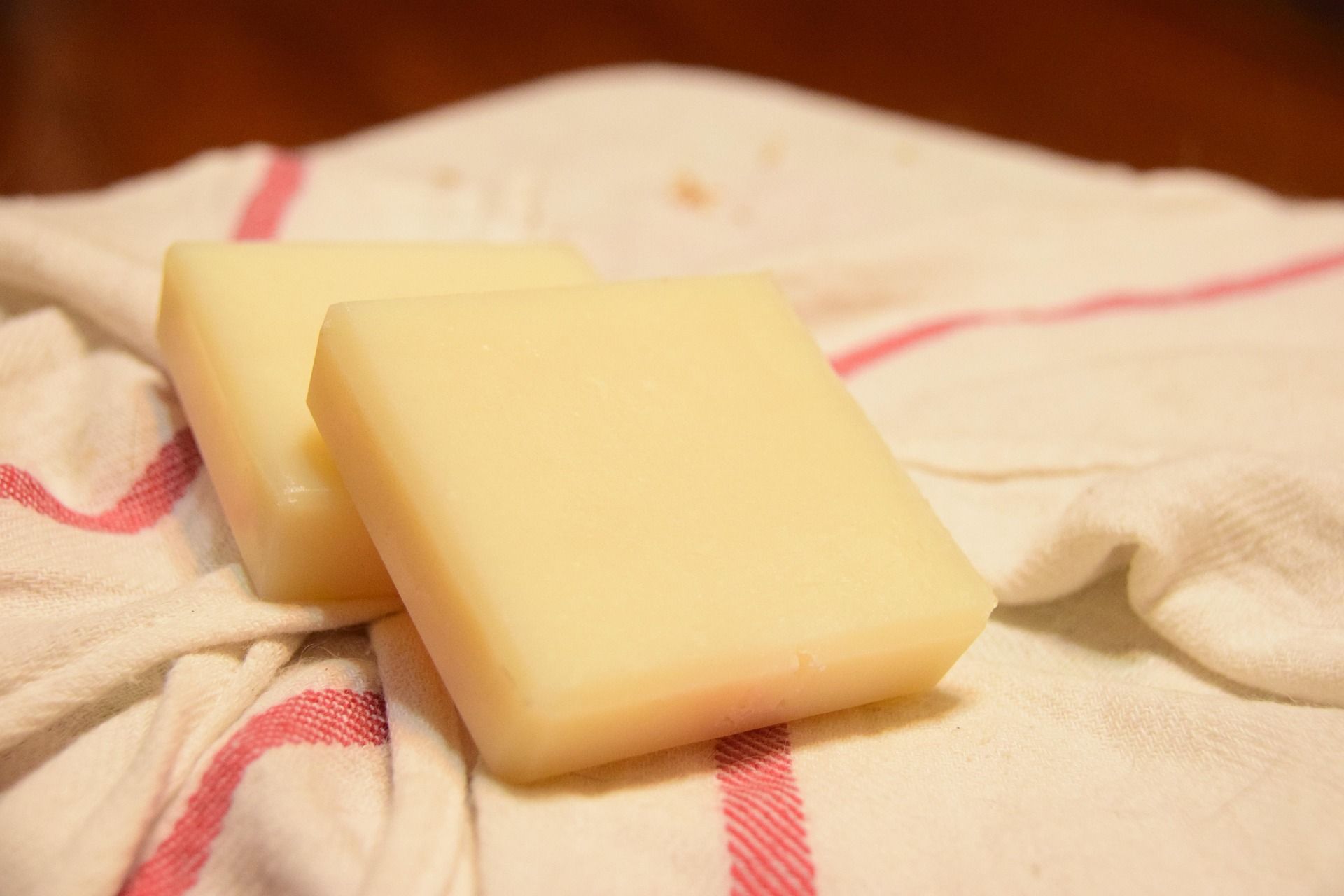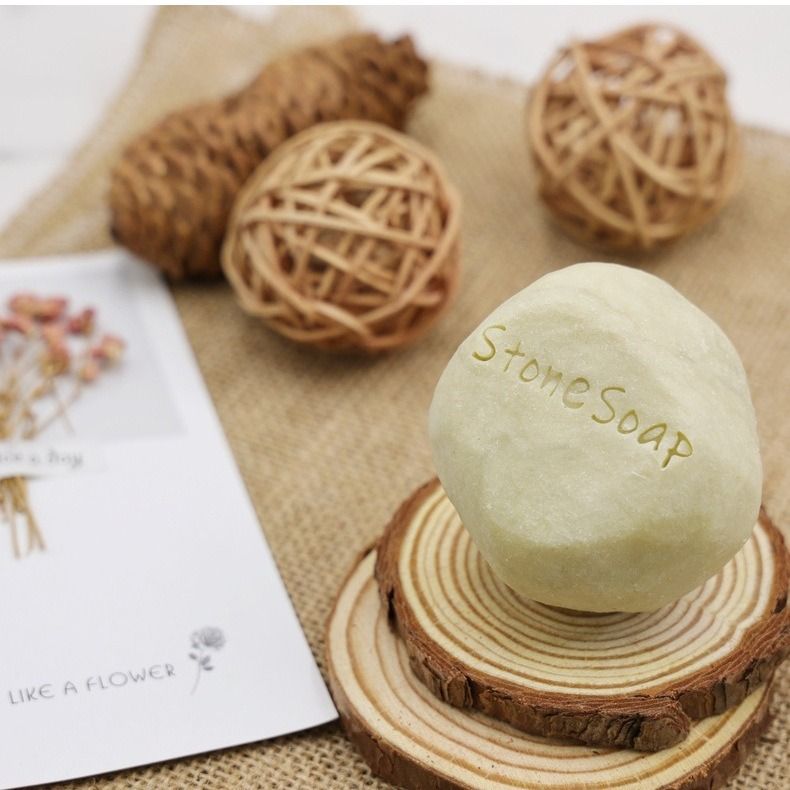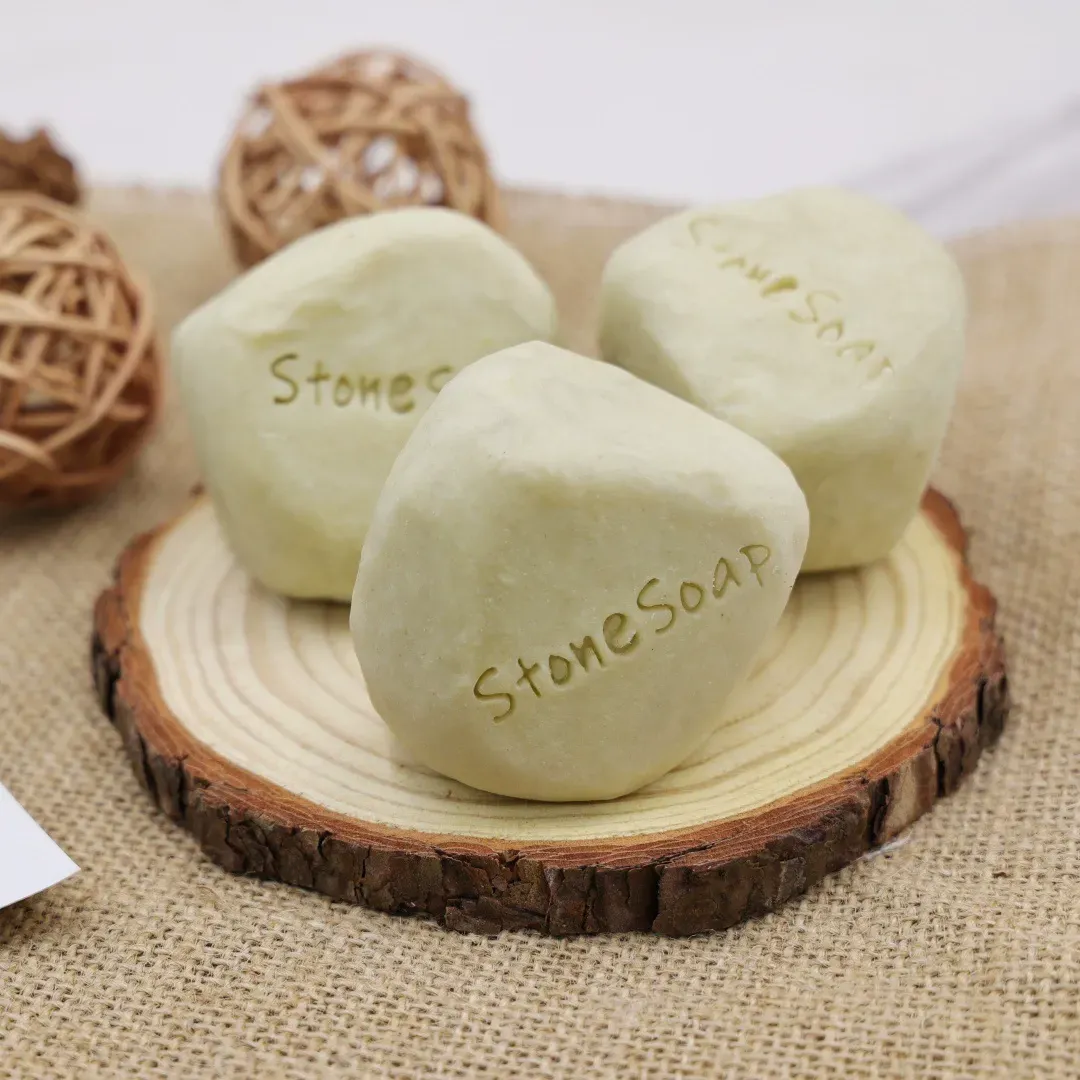Introduction: In the world of skincare, we often focus on ingredients and effects, but we overlook a crucial metric: pH value. What you might not know is that the high alkalinity of traditional soaps is quietly damaging your skin. Goat milk soap, with its unique pH, is becoming the secret weapon for maintaining skin health. Today, we'll unravel the mystery of goat milk soap's pH and explore why it protects the skin's natural barrier and is the top choice for gentle cleansing.
1. The Skin's "Acid Mantle": The Secret to Healthy Skin
The surface of our skin is covered by a thin, weakly acidic protective layer called the acid mantle. Its pH value is typically between 4.5 and 5.5. This natural "armor" is a mixture of sweat and sebum, and it not only locks in moisture but also defends against bacteria, fungi, and environmental pollutants. It is the skin's first line of defense.
Simply put, for a healthy skin barrier, the pH value must remain in the slightly acidic range. Once this protective layer is damaged, the skin becomes dry, tight, and sensitive, and can even lead to issues like eczema or acne.
2. Traditional Soaps: The "Culprit" That Disrupts Balance
Many traditional soaps on the market are made with highly alkaline formulas, with pH values typically ranging from 8 to 10. When you wash your face with them, the high alkalinity quickly destroys the weakly acidic acid mantle on your skin's surface.
The consequences are clear: you might feel your skin is tight and dry, which is a result of significant moisture loss. With long-term use, the skin barrier is damaged, and its resistance to external irritants weakens, making sensitive skin problems even worse.
3. The Skin-Friendly pH of Goat Milk Soap: The Key to Gentle Cleansing
This is where goat milk soap stands out. Pure goat milk itself has a pH value very close to that of human skin, falling within the weakly acidic range. During the soap-making process, a high-quality cold-press method can preserve this property to the greatest extent.
As a result, the final pH value of goat milk soap is usually between 6.0 and 7.0, much lower than traditional soaps. This allows it to:
Cleanse without Irritation: It won't cause the kind of harsh shock to the skin that alkaline soaps do, and it won't leave that unpleasant "tight" feeling after washing.
Maintain Balance: Its weakly acidic formula works in harmony with the skin's acid mantle, preventing damage to this natural barrier while it cleanses.
4. Three Major Benefits of a Balanced pH
Choosing an amino acid soap with a balanced pH means you will reap these three major skincare benefits:
Protects the Natural Skin Barrier: This is the most crucial benefit. A healthy acid mantle effectively locks in moisture and defends against external bacteria, making your skin stronger.
Reduces Dryness and Irritation: By not disrupting the moisture barrier, it naturally prevents post-wash dryness. For people with sensitive skin and eczema, it can significantly reduce redness, itching, and other discomfort caused by improper cleansing.
Improves Absorption of Subsequent Products: When the skin barrier is healthy, the serums, lotions, and other skincare products you apply afterward can be absorbed and utilized more effectively, maximizing their benefits.
Conclusion:
The reason goat milk soap is so popular is not just that it's rich in vitamins and fatty acids, but also because its "skin-friendly" pH perfectly aligns with the skin's natural needs. Next time you choose a facial cleanser, pay attention to its pH value. Choosing a goat milk soap with a balanced pH is choosing the gentlest care for your skin, allowing it to regain its health and balance right from the very first step of cleansing.




